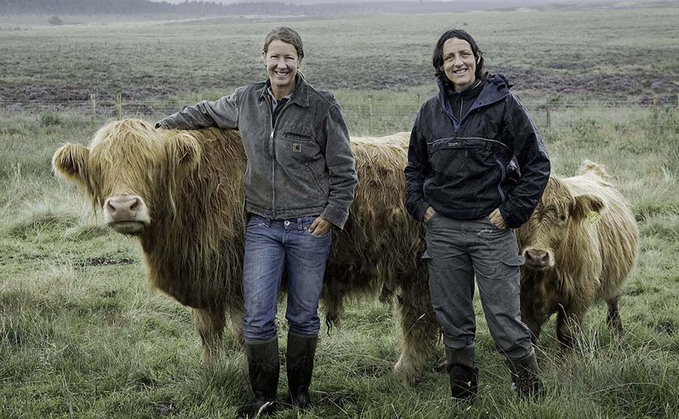
One couple found their way to achieve their farming dream was to take on a croft and here Katrina Macarthur finds out what life is like farming in one of the country's most remote places. Getting a...

One couple found their way to achieve their farming dream was to take on a croft and here Katrina Macarthur finds out what life is like farming in one of the country's most remote places. Getting a...